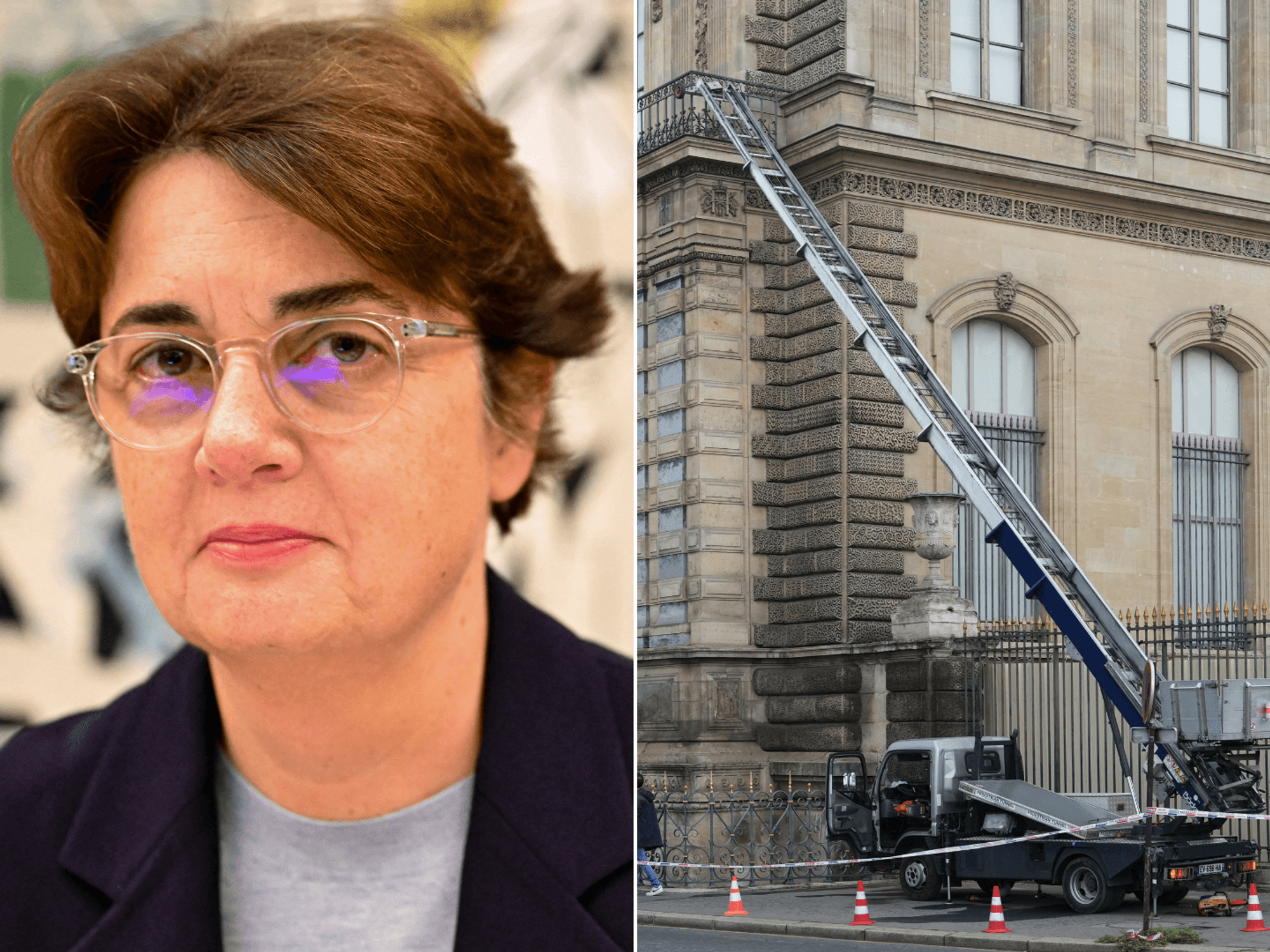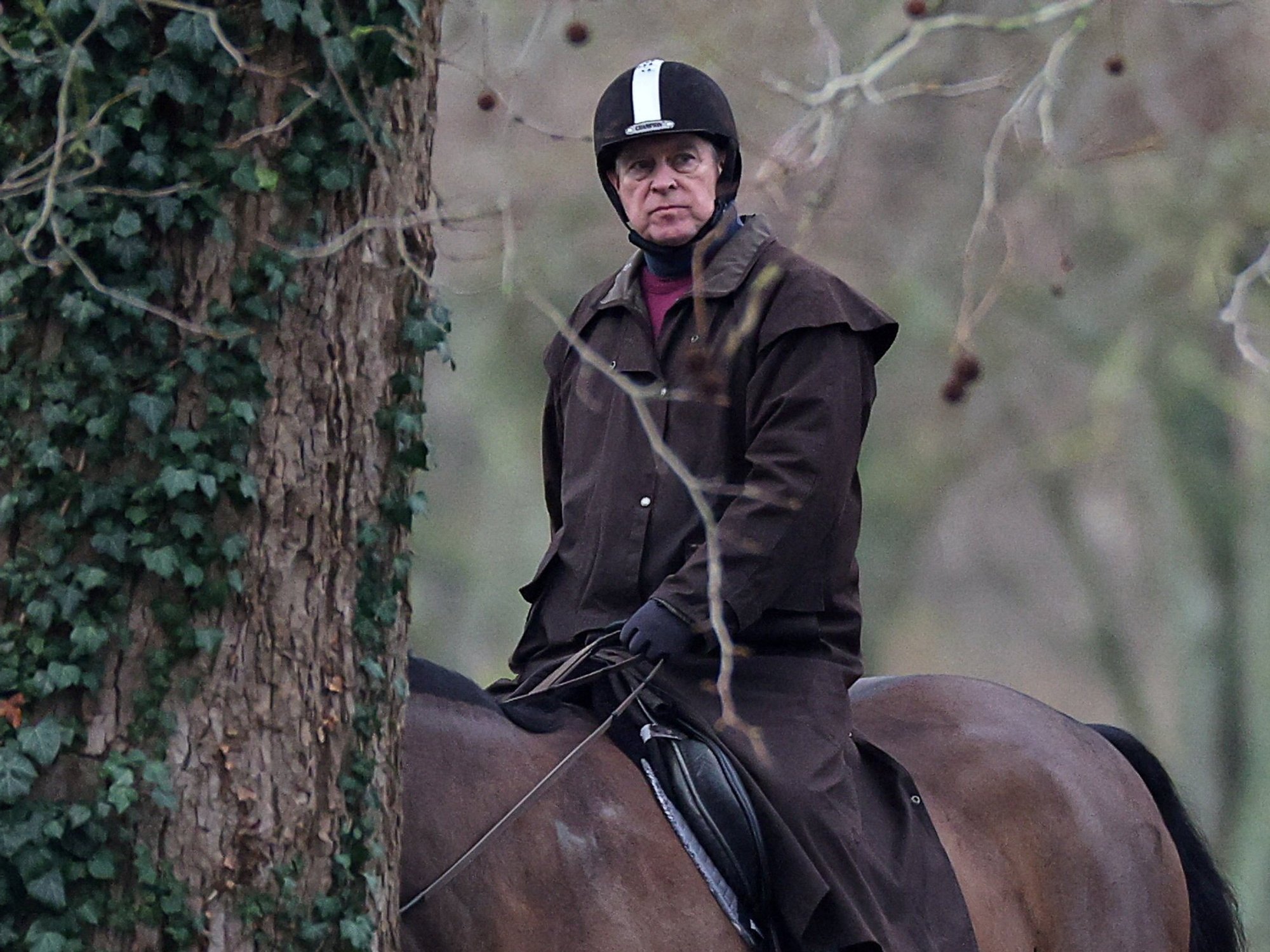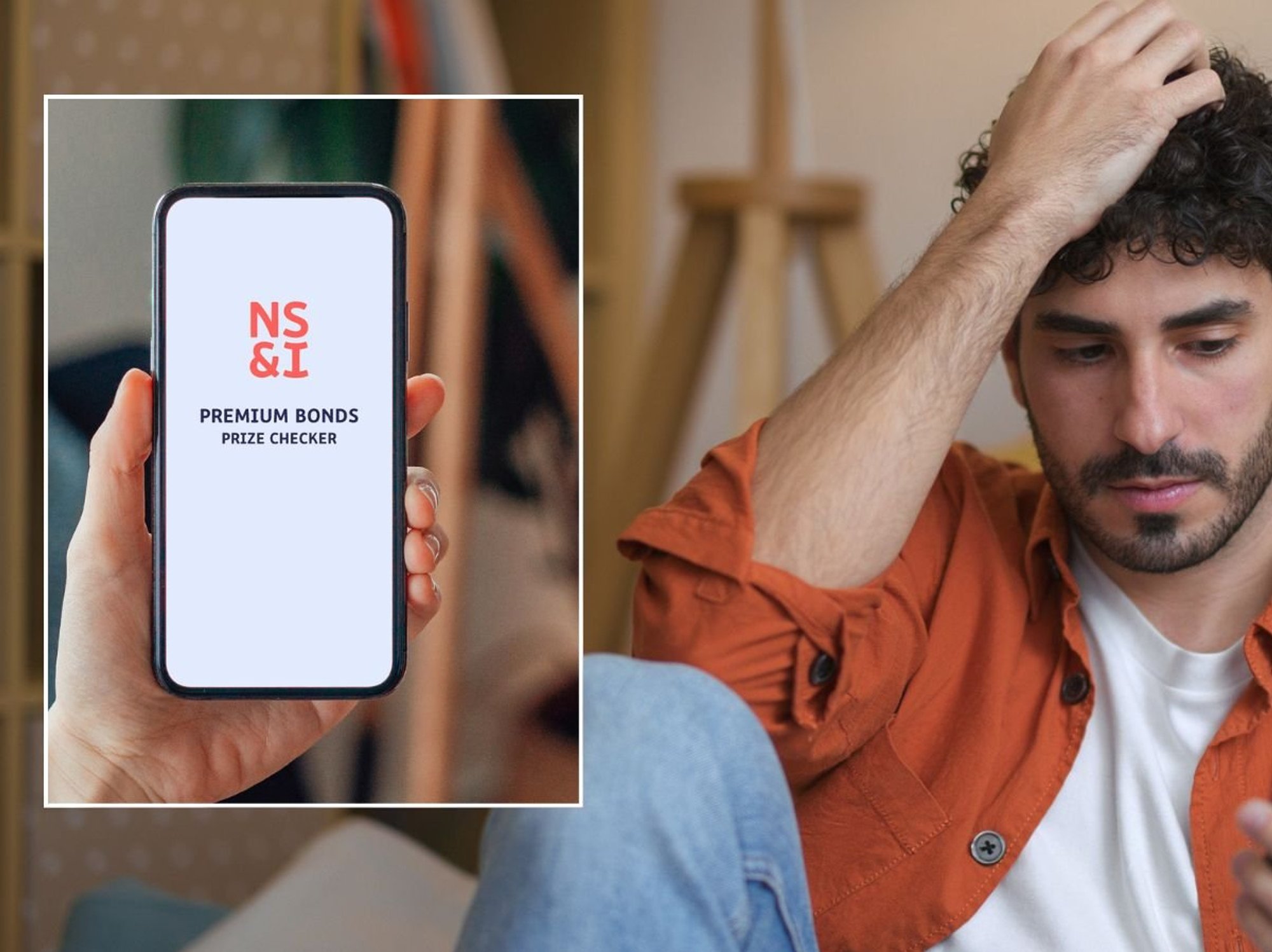Two-child benefit cap scrapped in UK Budget as Rachel Reeves splurges £9billion on welfare
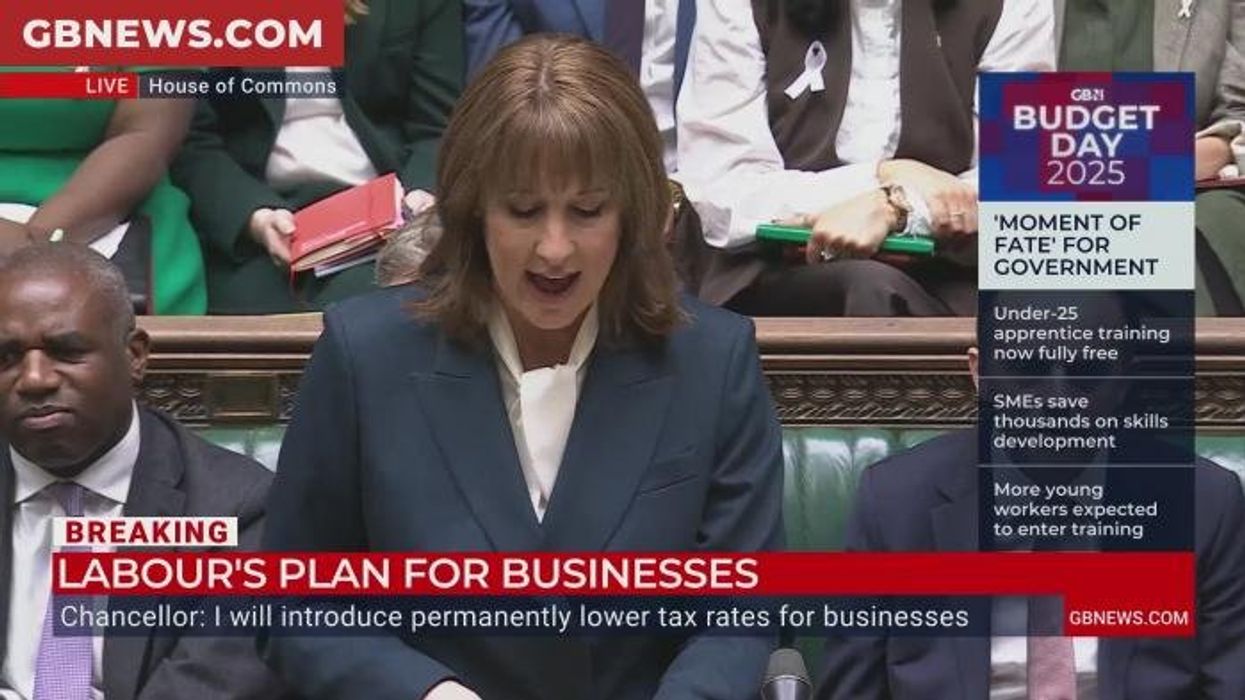
Chancellor Rachel Reeves reacts to heckling in Parliament as she announces the removal of the two-child benefit cap |

The government estimates that the change will reduce the number of children living in poverty by 450,000 by 2029/30
Don't Miss
Most Read
Chancellor Rachel Reeves has announced that the two-child benefit cap will be scrapped, marking one of the most significant welfare changes in nearly a decade.
The policy, introduced under the Conservatives in 2017, restricted Child Tax Credit and Universal Credit to the first two children in most households.
Today’s Budget confirms that families will once again receive support for every child, at a projected cost of up to £3.5billion by the end of the Parliament.
The Chancellor told the commons: "We on this side of the House do not believe that the solution to a broken welfare system is to punish the most vulnerable children."
The announcement emerged earlier than expected after the Office for Budget Responsibility accidentally published its headline forecast hours before the Chancellor stood up in the Commons.
The chancellor says she came into politics because she believes every child "deserves an equal chance" to achieve their goals.
The "biggest barrier" to this is child poverty, she says.
She announces a "fully costed and fully funded" removal of the two-child limit, coming into effect in full from April.
Ms Reeves says that the Labour government is achieving "the biggest reduction in child poverty" over a Parliament since records began.
The move will increase the benefits for 560,000 families by an average of £5,310, the OBR calculated.
Set to come into effect from April 2026, the government estimates that the change will reduce the number of children living in poverty by 450,000 by 2029/30.
According to government and think-tank estimates, ending the two-child benefit cap will cost between £3billion and £3.5billion a year by 2029/30. This reflects the projected cost of restoring Universal Credit child element payments for a third and any subsequent child in eligible families.
The Office for Budget Responsibility estimates the policy will cost around £2.3billion in 2026/27, rising to roughly £3billion by 2029/30.
The total figure also includes an estimated £300million by 2029/30 for around 25,000 additional families expected to newly qualify and make a claim.
TRENDING
Stories
Videos
Your Say
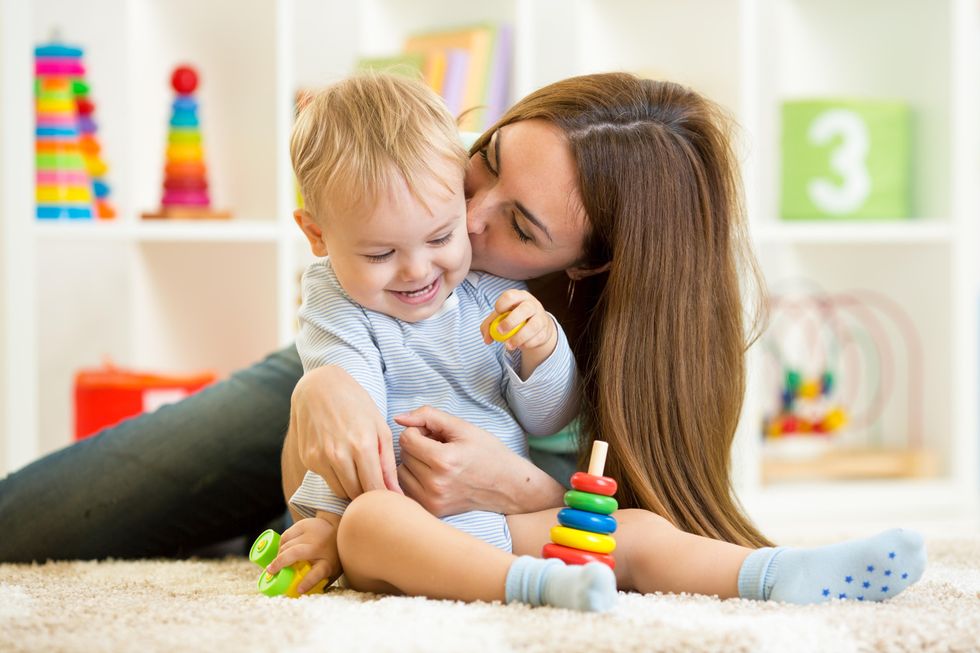
The move will be welcomed by child poverty campaigners, who had pushed the Chancellor to remove the rule entirely rather than adjust it
| PAThe move will be welcomed by child poverty campaigners, who had pushed the Chancellor to remove the rule entirely rather than adjust it.
It also represents a significant reversal for Labour, whose ministers previously defended the policy.
Last year, the Prime Minister imposed the party whip on seven Labour MPs who voted against the two-child limit.
Here’s what the policy is and what ending it means for families:
What is the two-child cap on benefits?
The rule stops parents from claiming Universal Credit or Child Tax Credit for a third or subsequent child. It was brought in by the Conservatives in April 2017 and applies only to children born after 6 April 2017.
The cap was originally announced by then Chancellor George Osborne as part of wider welfare reforms.
At the time, the Government argued the change would encourage families receiving benefits “to make the same choices as those supporting themselves solely through work”.
Official figures indicate that 1.6 million children live in families affected by the two-child limit.
Campaigners, charities and politicians from across the political spectrum have urged the government to remove it.
The rule is separate from the wider benefit cap, introduced under the Conservative–Liberal Democrat coalition, which reduces the total level of benefits a household can receive so payments do not exceed a set limit.
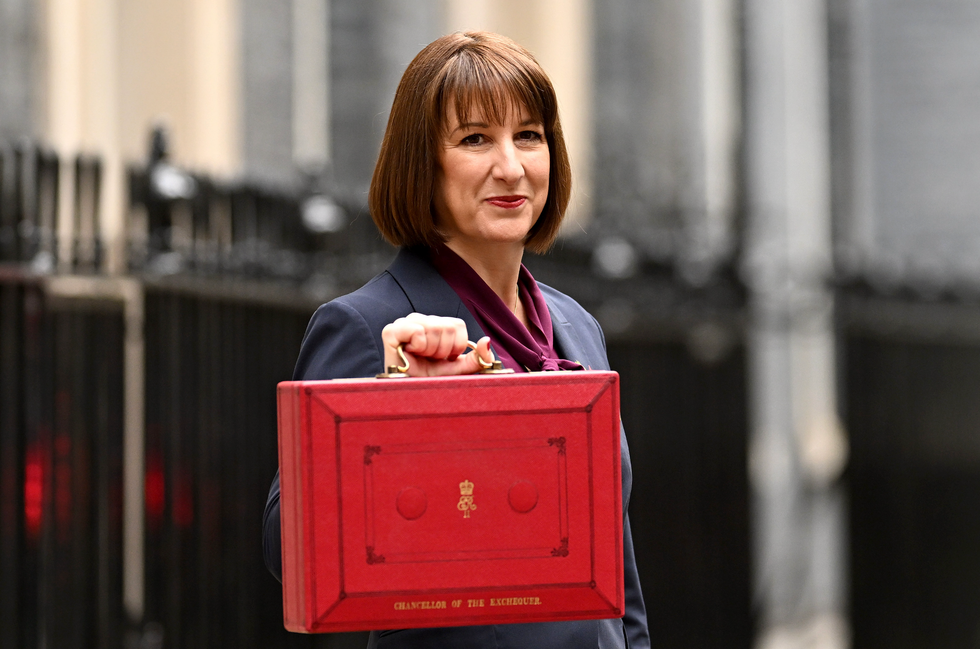 Rachel Reeves will tell MPs she has made 'fair and necessary' choices | POLL: Who should Rachel Reeves prioritise in the Budget? YOU DECIDE
Rachel Reeves will tell MPs she has made 'fair and necessary' choices | POLL: Who should Rachel Reeves prioritise in the Budget? YOU DECIDEWhat impact does the two-child cap have?
Organisations in the sector say the policy pushes around 109 children into poverty every day.
Child poverty levels have been rising over the past decade. An estimated 4.5 million children — roughly one in three — are now growing up in households below the poverty line.
Dr Ciara Fitzpatrick, Senior Lecturer at Ulster University's Social Justice Institute, said it will mean "children have the opportunity to eat better, to participate in activities that will enrich their lives and the intense stress and anxiety that grips a household in hardship will today be loosened".
"The removal of the two-child limit is the most cost-effective and efficient way to reduce rising child poverty," she said.
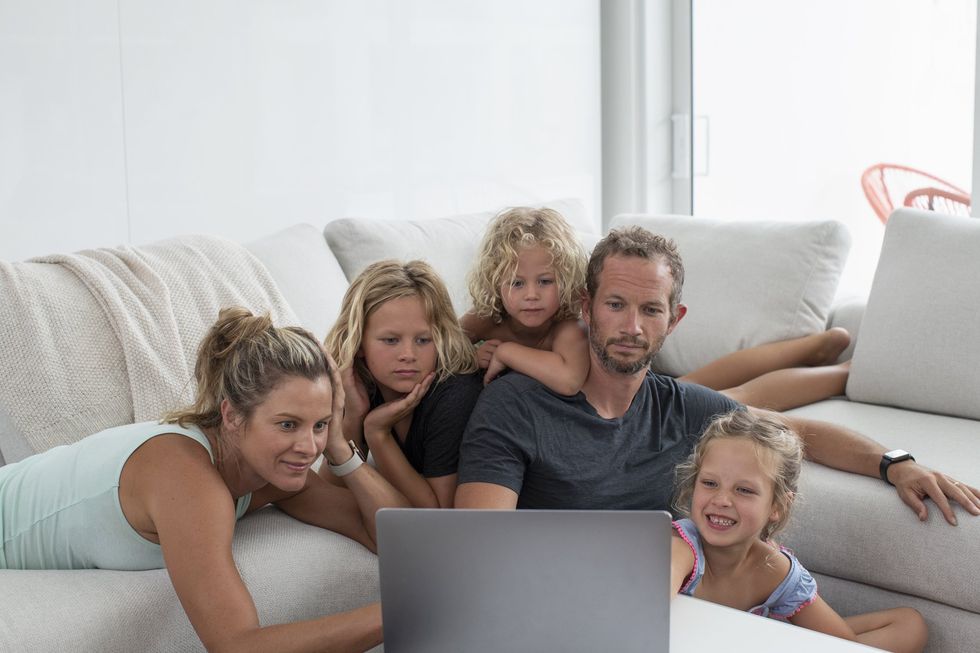
Organisations in the sector say the policy pushes around 109 children into poverty every daY
|GETTY
"This significant announcement alongside the NI Executive's commitment to mitigate the benefit cap will undoubtedly create a phenomenal material difference to all families.
"This is particularly welcome in view of the lack of resources measures that targeted support to children in the recent NI Executive draft anti-poverty strategy."
More From GB News





